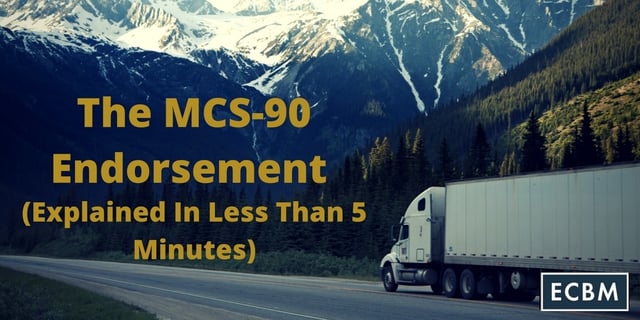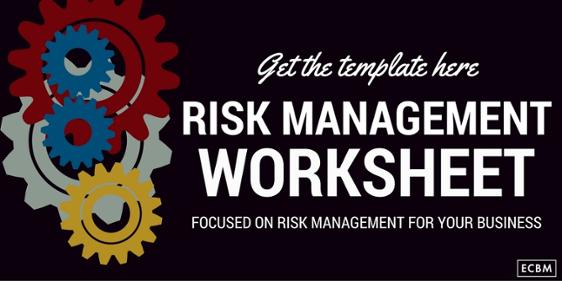
Almost all personal and business automobile insurance policies exclude coverage for losses caused by pollutants. There is an exception in the case of materials necessary for the function of a vehicle- provided those items were leaked or released from somewhere other than their natural storage or use location.
This can lead to a large uninsured loss exposure for companies regularly engaged in the transportation of a wide range of products that can be considered pollutants. Companies unsure of their coverage could face large losses, including civil judgments and large fines, that put the future of the company in jeopardy.
What's Covered- And What's Not?
For example, engine oil released from either the oil reservoir or the engine itself will qualify for an exception to the pollutant exclusion, but engine oil released from a spare container kept in the trunk or container will not.
Read More: EPA’S NEW RULE COULD SERIOUSLY AFFECT THE TRUCKING INDUSTRY
An Example
Let's suppose a truck hauling heating oil overturns on a highway, resulting in a spill of the oil across both public and private land- even seeping into a local waterway. The company operating the truck now faces cleanup costs for the private property, public property, and waterway. They would also be responsible for other consequential damages and potential regulatory fines from state and federal agencies for the environmental damage. The typical commercial auto policy explicitly excludes paying for this type of loss.
For Trucking Companies Transporting Goods Over State Lines
For companies involved in interstate transportation or those that operate vehicles over certain size, the MCS 90 endorsement that is placed on their policy expands the definition of property damage to cover clean up costs. So most companies believe that this gives them the coverage that they need. But the MCS 90 Endorsement does not do that.
Here's Why It Matters
If the policy hasn’t been broadened to cover pollution and the policyholder can not pay the damages, the insurance company may have to step in to pay the loss initially. But the MCS90 Endorsement allows the insurance company to recoup these payments back from the policyholder leaving the insured in the same uninsured position in which they started.
READ MORE: CROSSING THE (STATE) LINE: THE EFFECT OF LONG-HAUL TRUCKING ON WORKERS’ COMPENSATION
What Is Covered By The Pollution Exclusion?
The pollution exclusion generally applies to losses from bodily injury or property damage caused by the release of pollutants. The policy exclusion typically defines pollutants broadly, covering any liquid, gas, or solid that qualifies as a contaminant or irritant; courts have considered gasoline, diesel fuel, engine oil, saltwater, bacterial agents, pesticides, and even dirt to fall under the pollutant category under the right circumstances.
Any company transporting, storing or loading and unloading materials that may qualify as pollutants need to understand this exclusion and its exception to manage their loss exposures appropriately.
What You Would Need To Do
For companies that regularly transport materials that qualify as pollutants, options to cover these types of losses do exist. Most insurance companies that issue commercial automobile policies do offer a pollution liability endorsement that expands coverage to include these types of losses at an additional premium.
You should talk with your broker today to see what options you have that would work best for your business.
.jpg?width=320&name=The%20MCS-90%20Endorsement%20LET%20(Blogaug2016).jpg)


